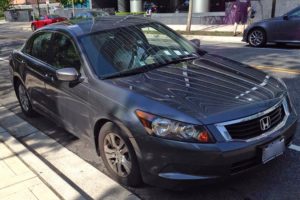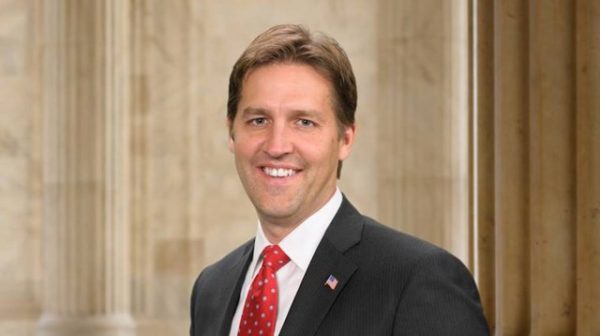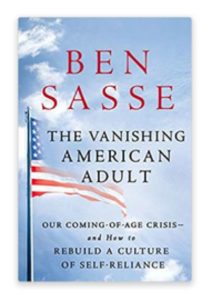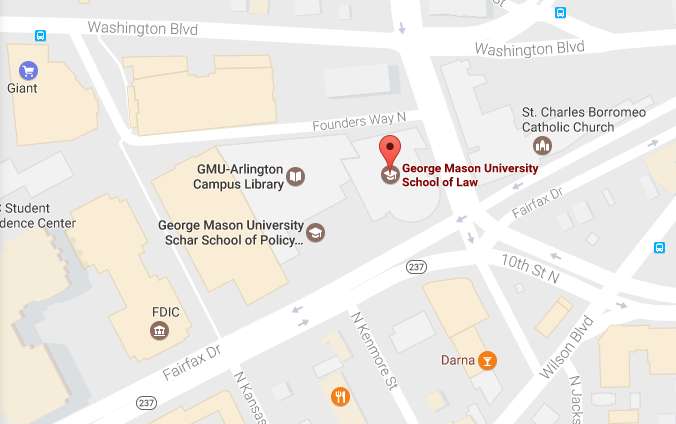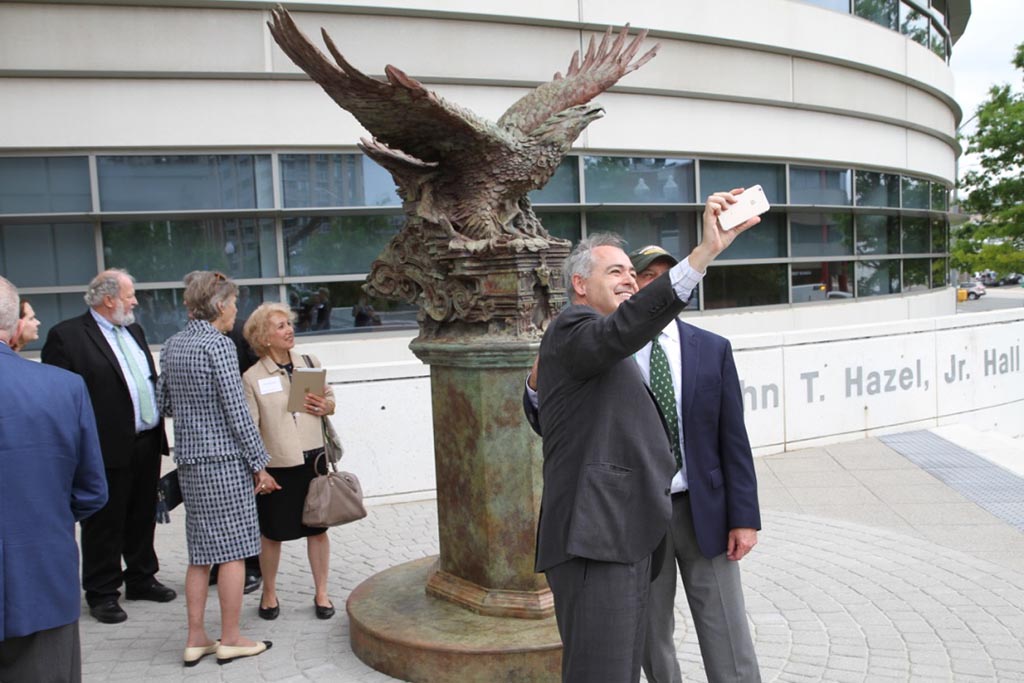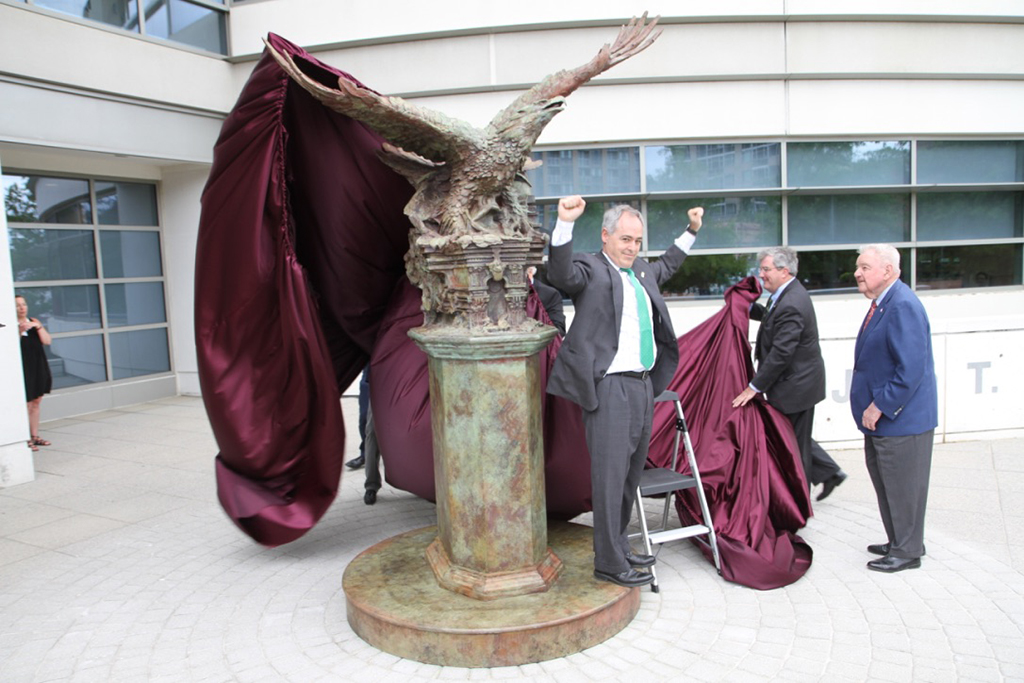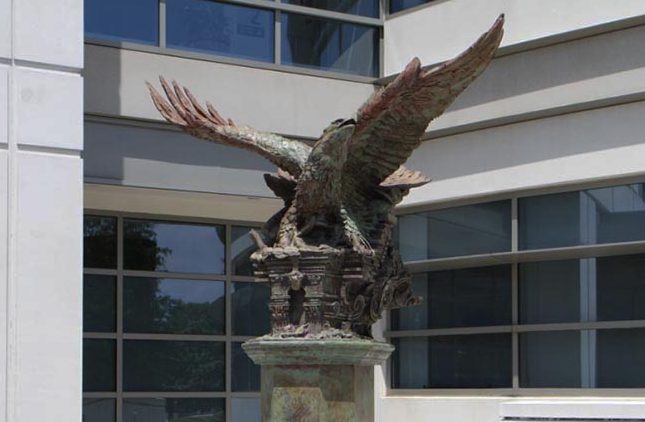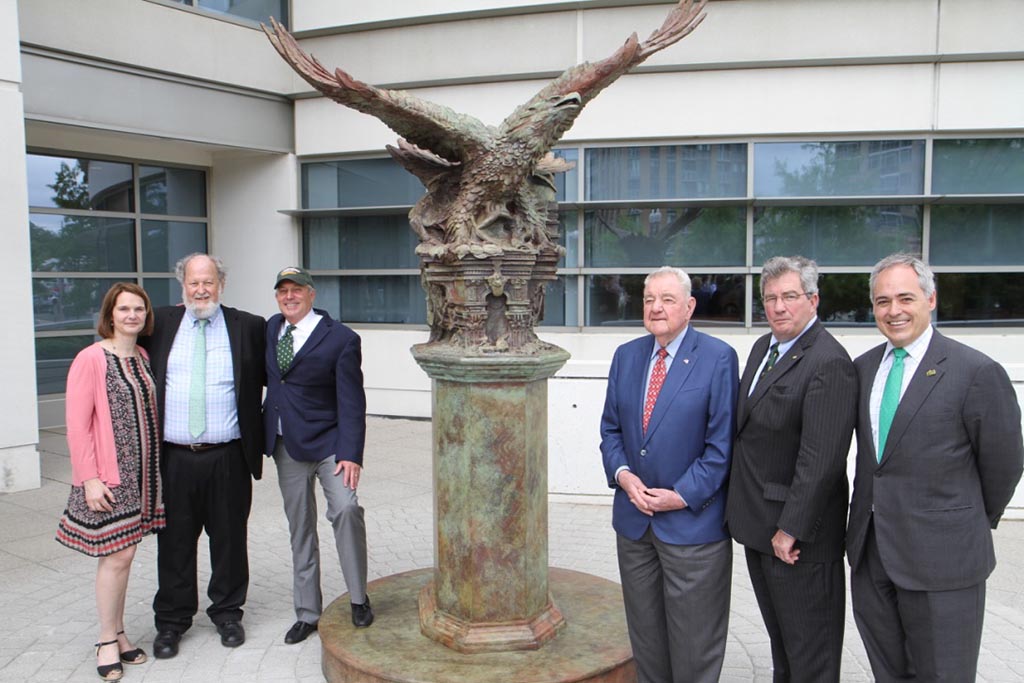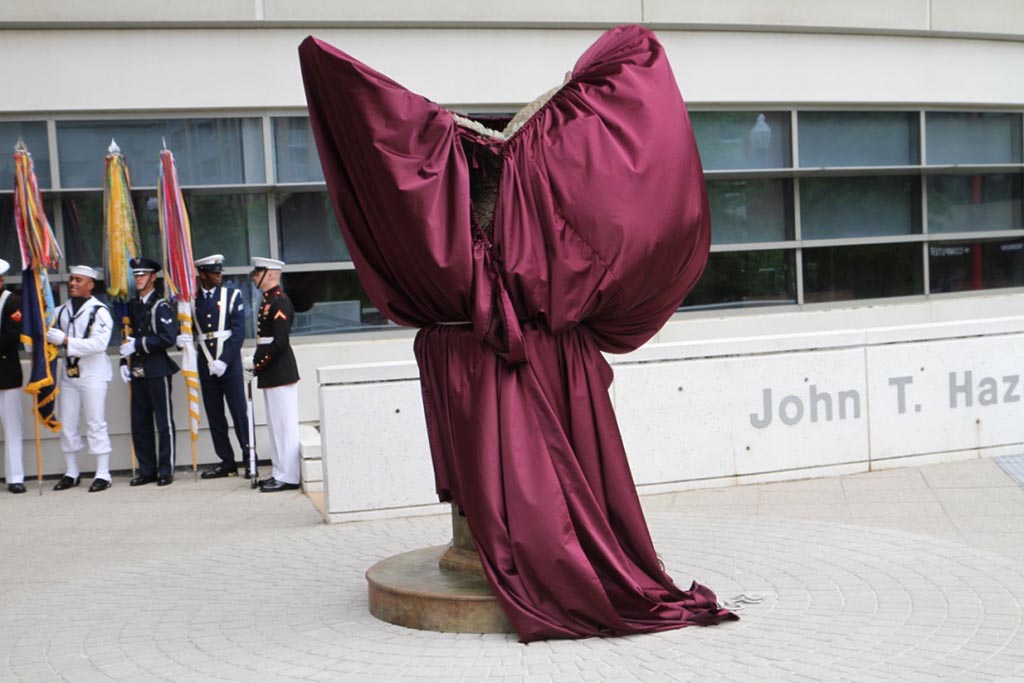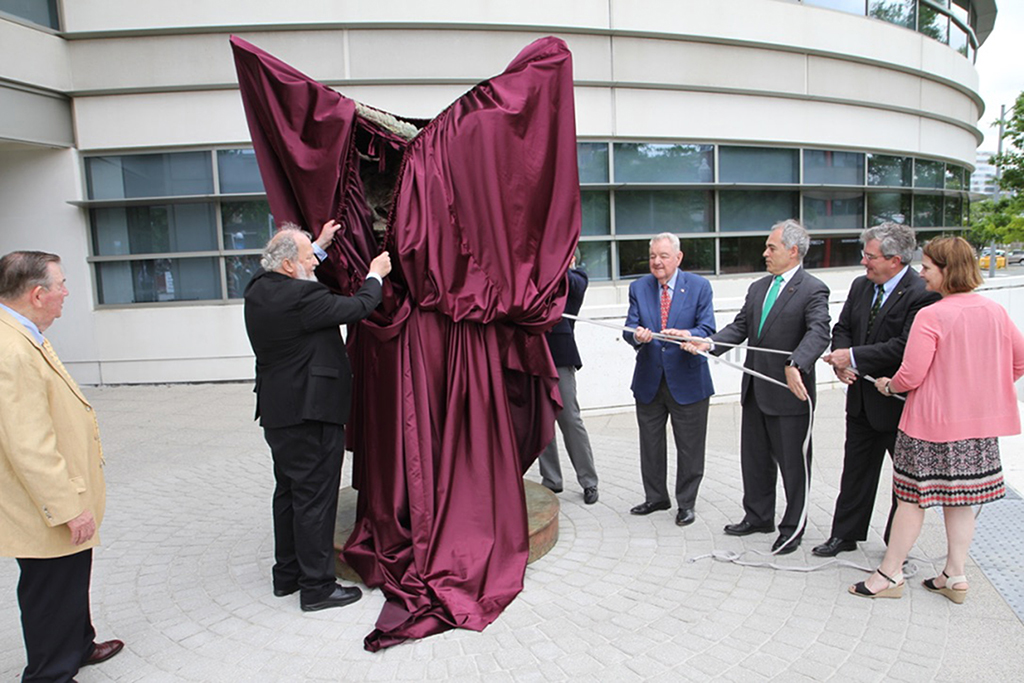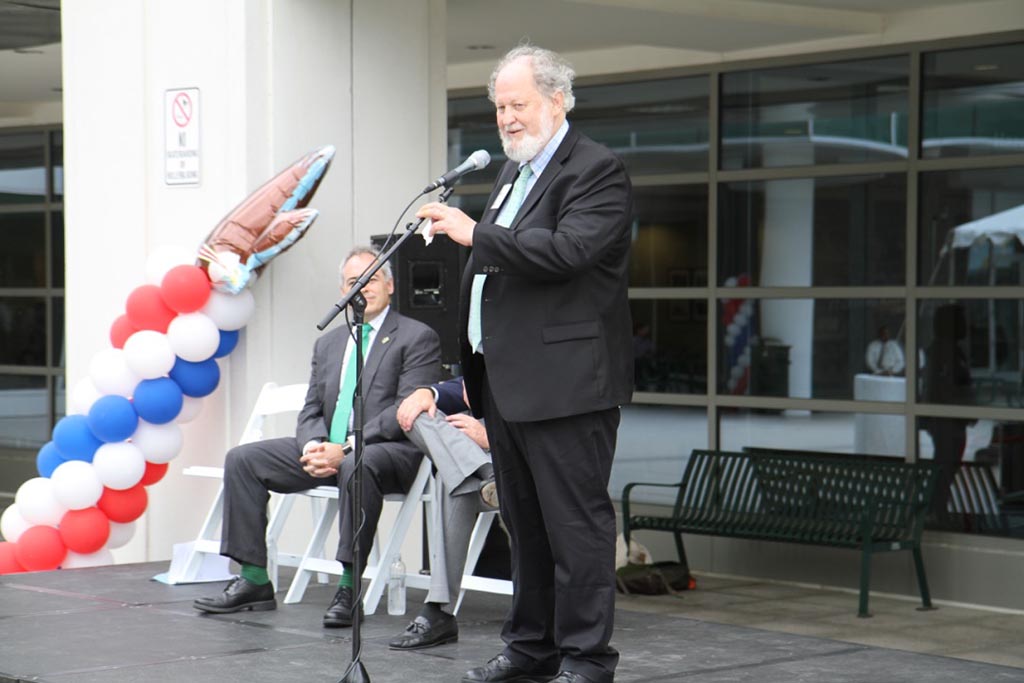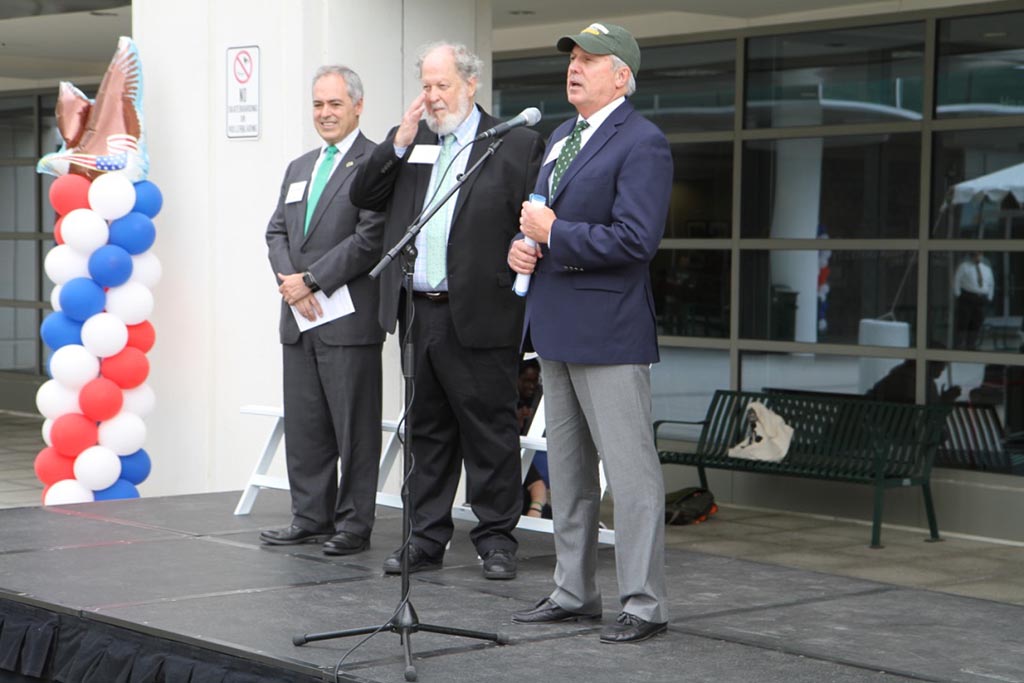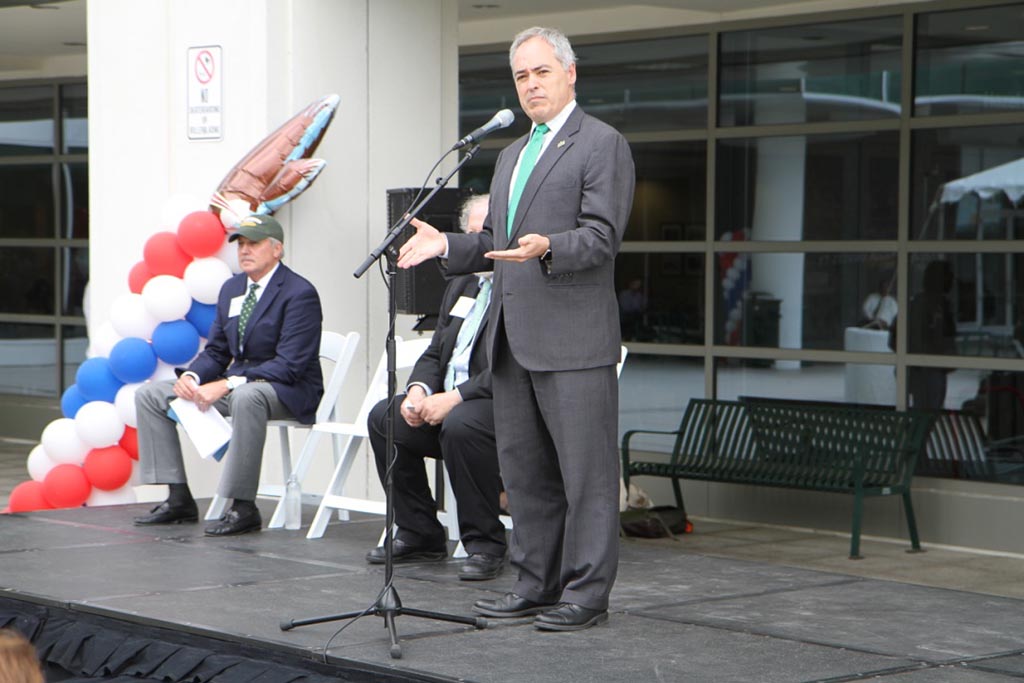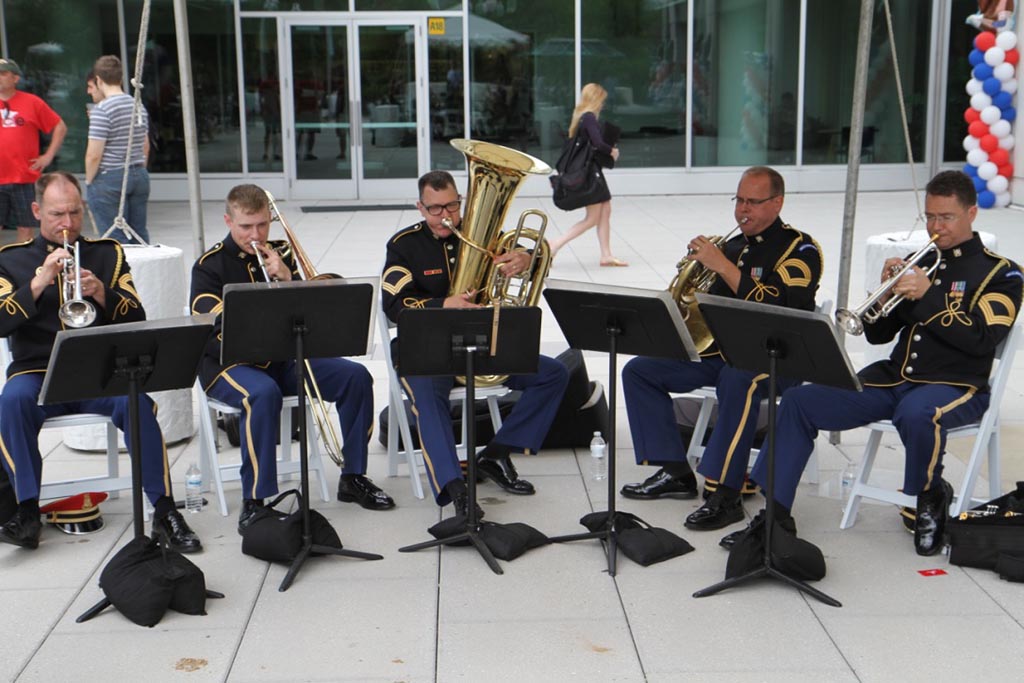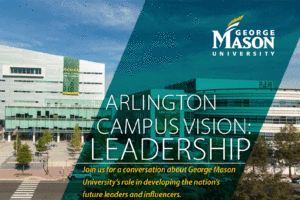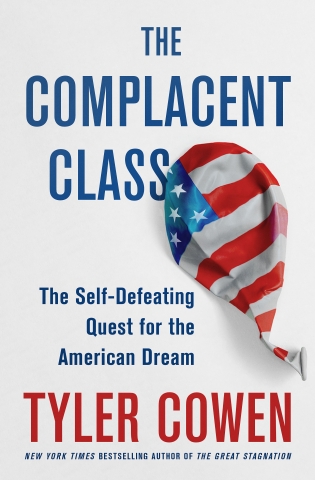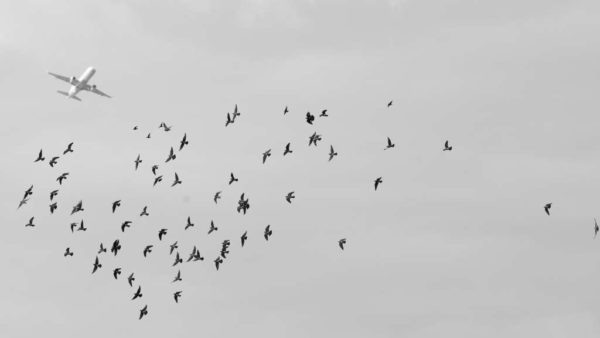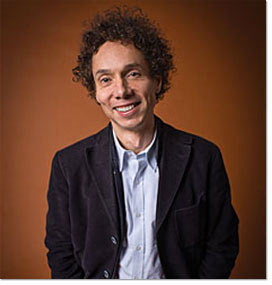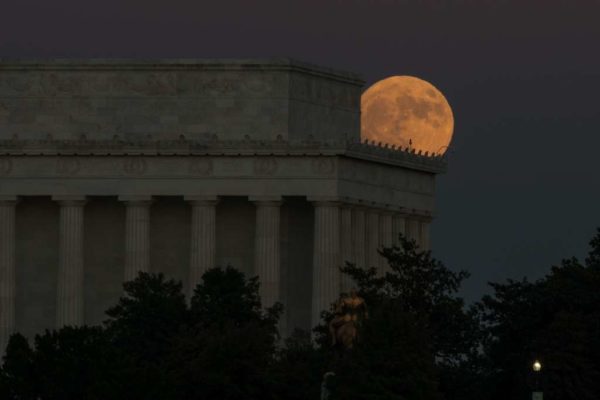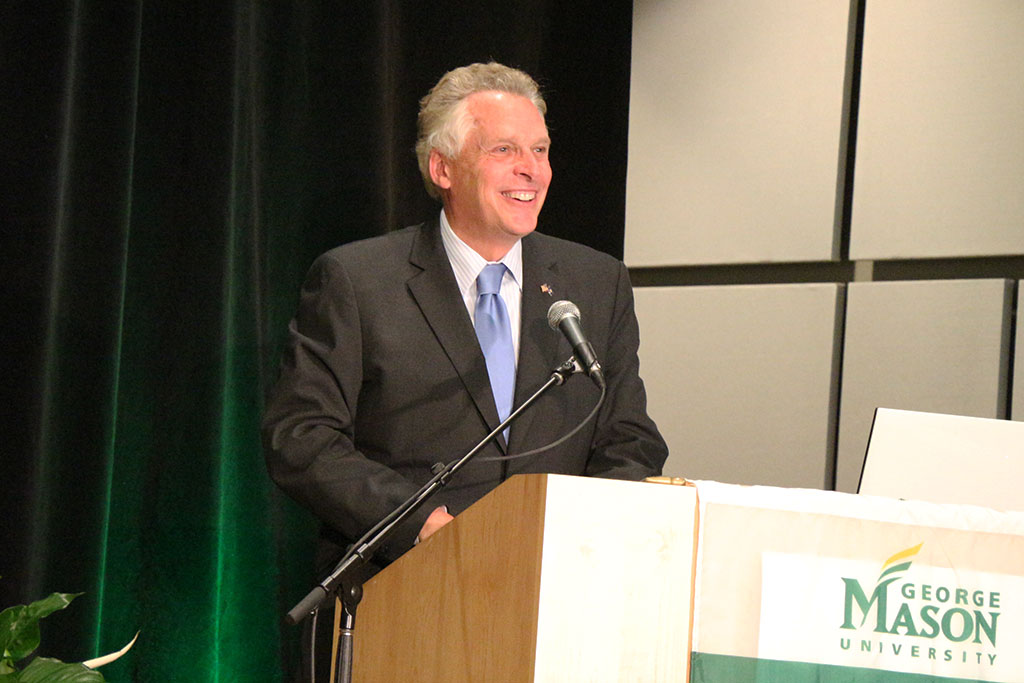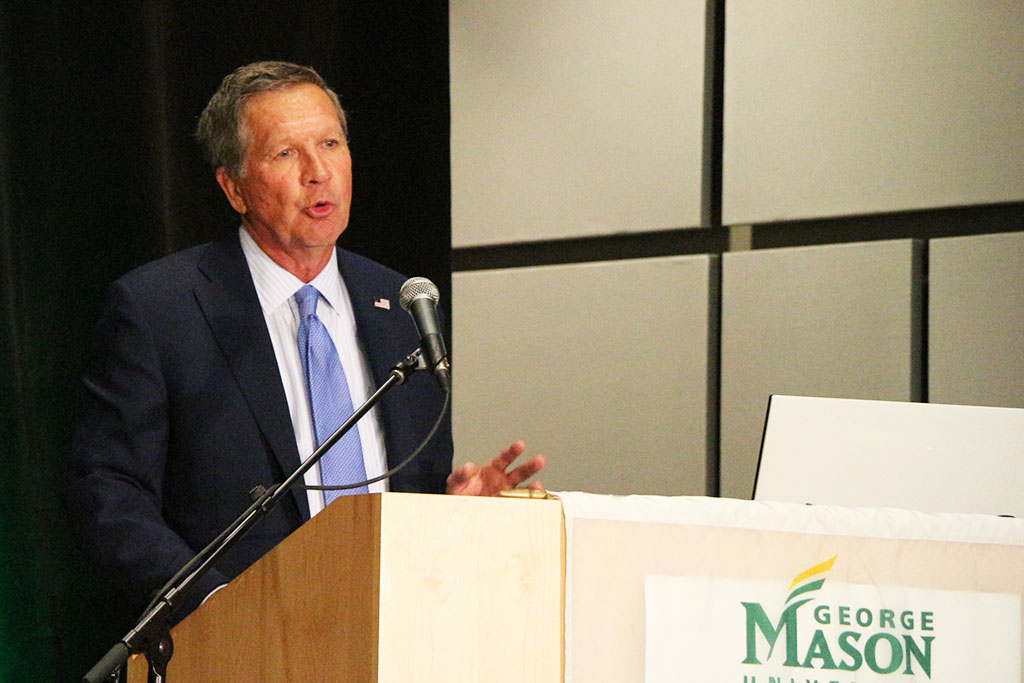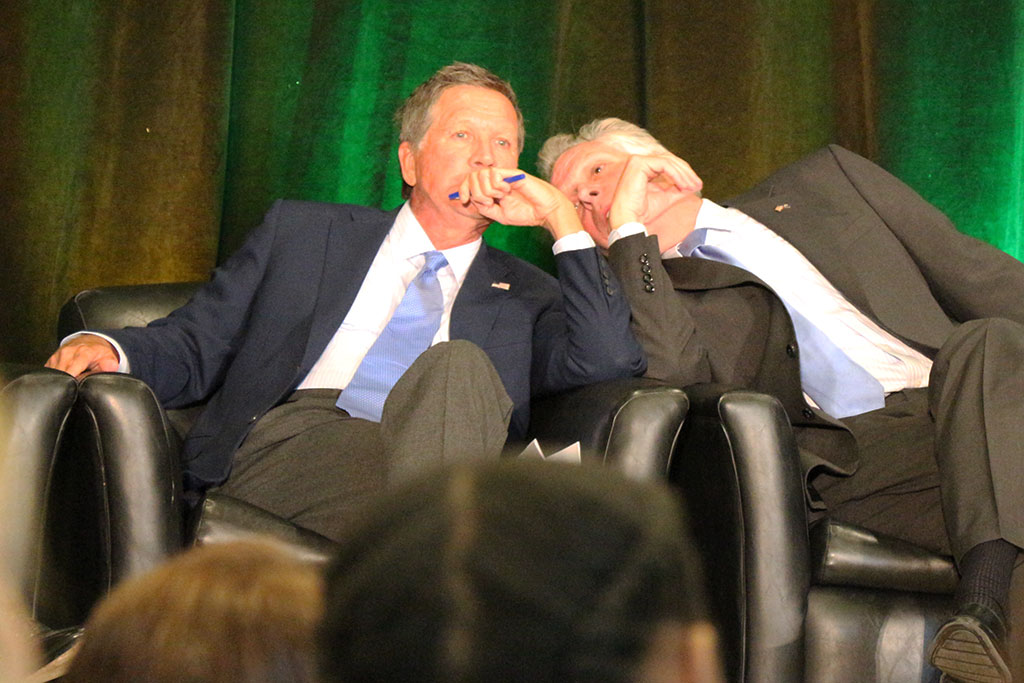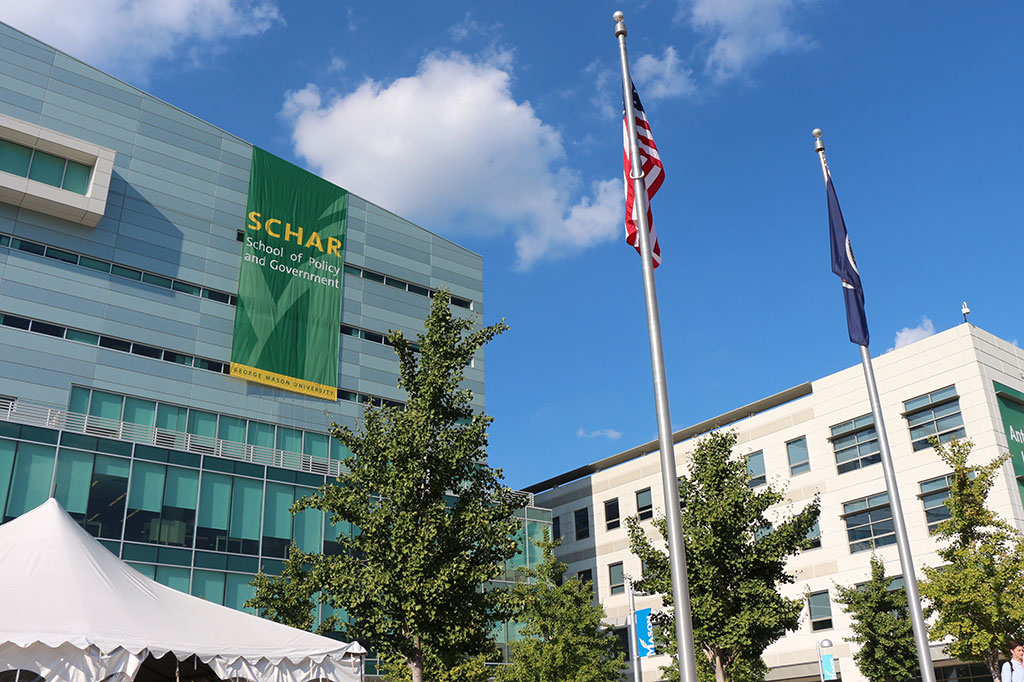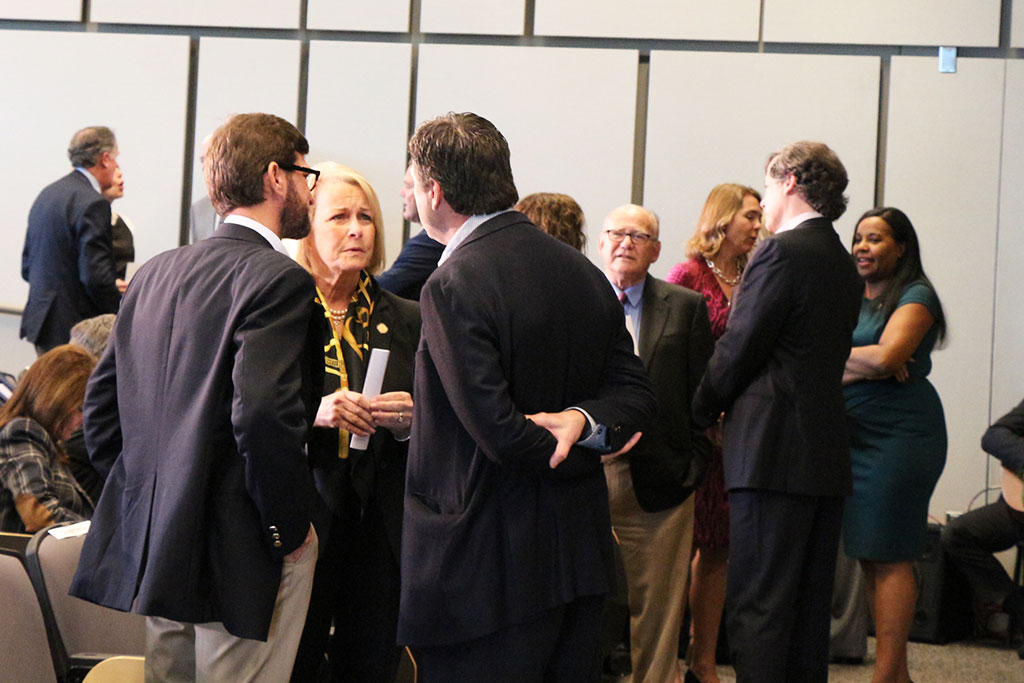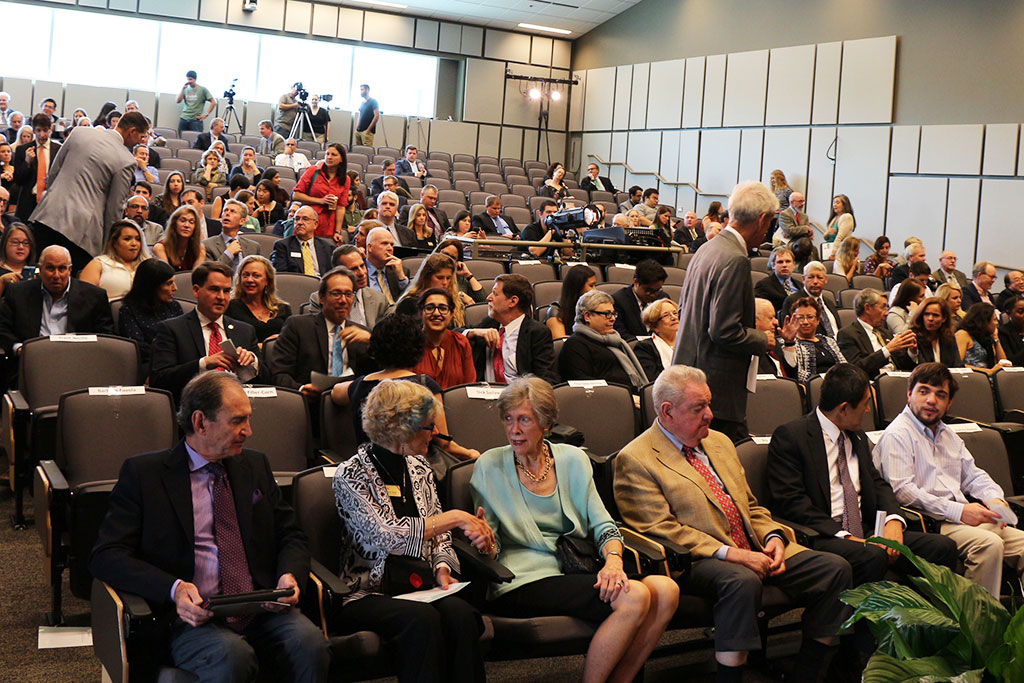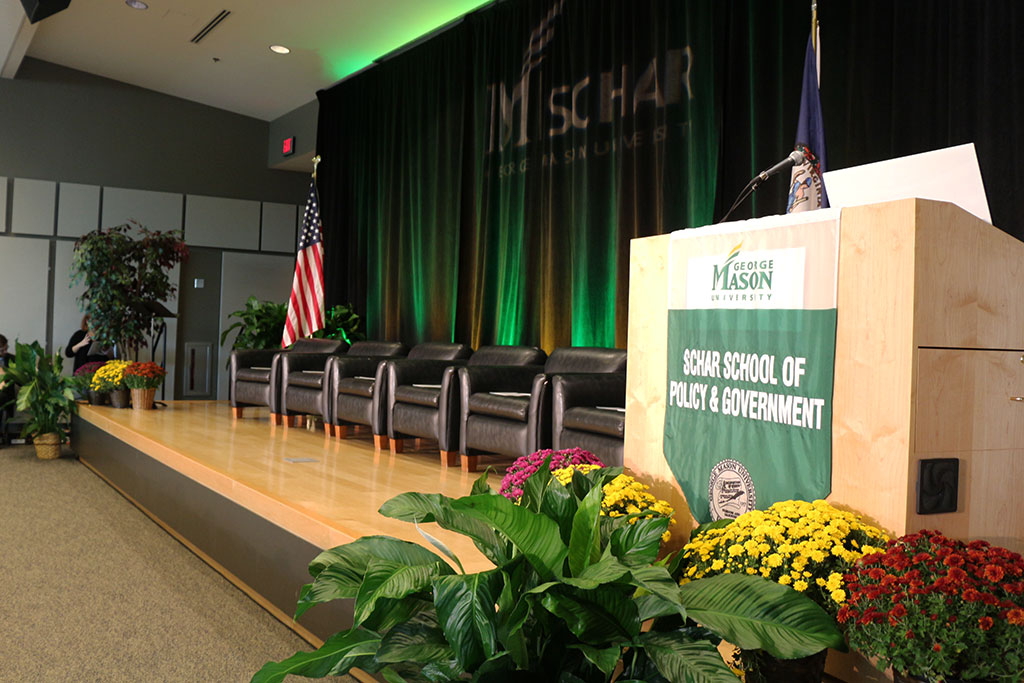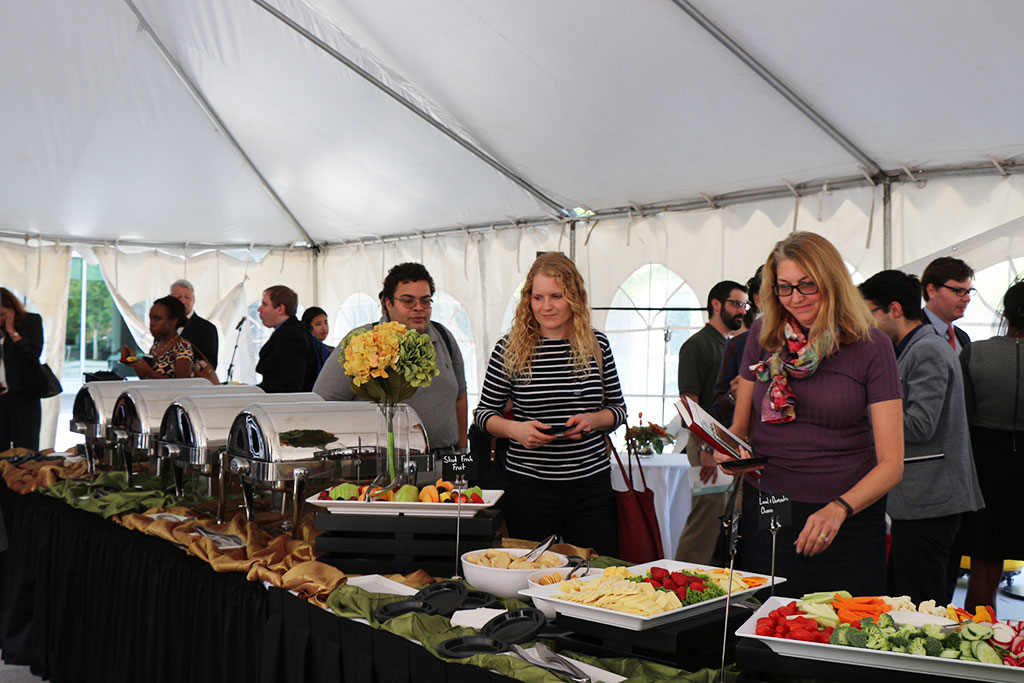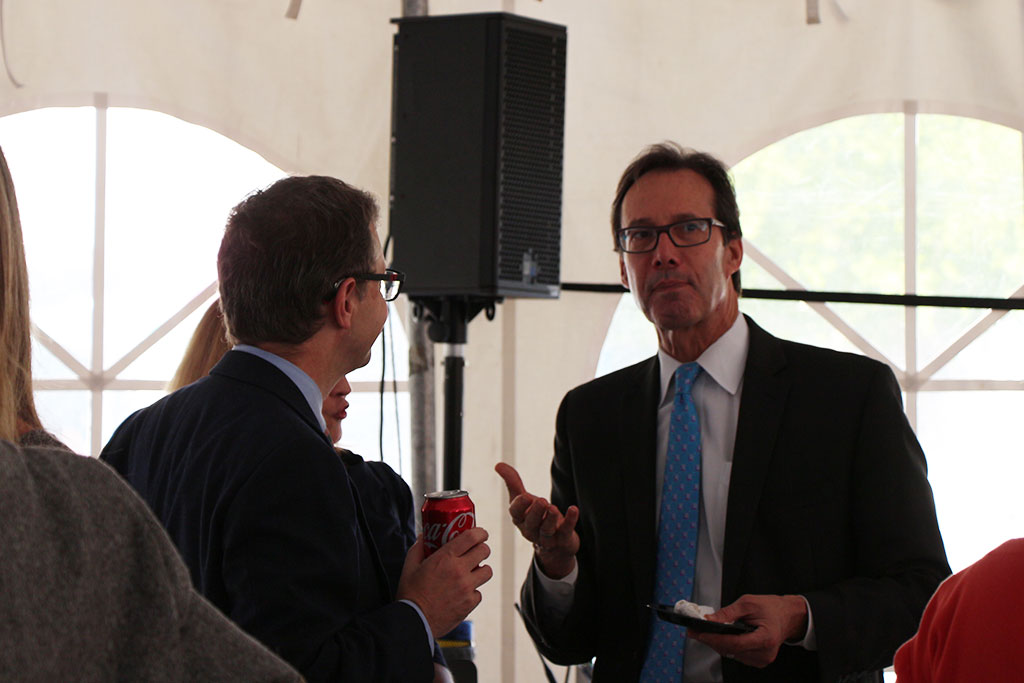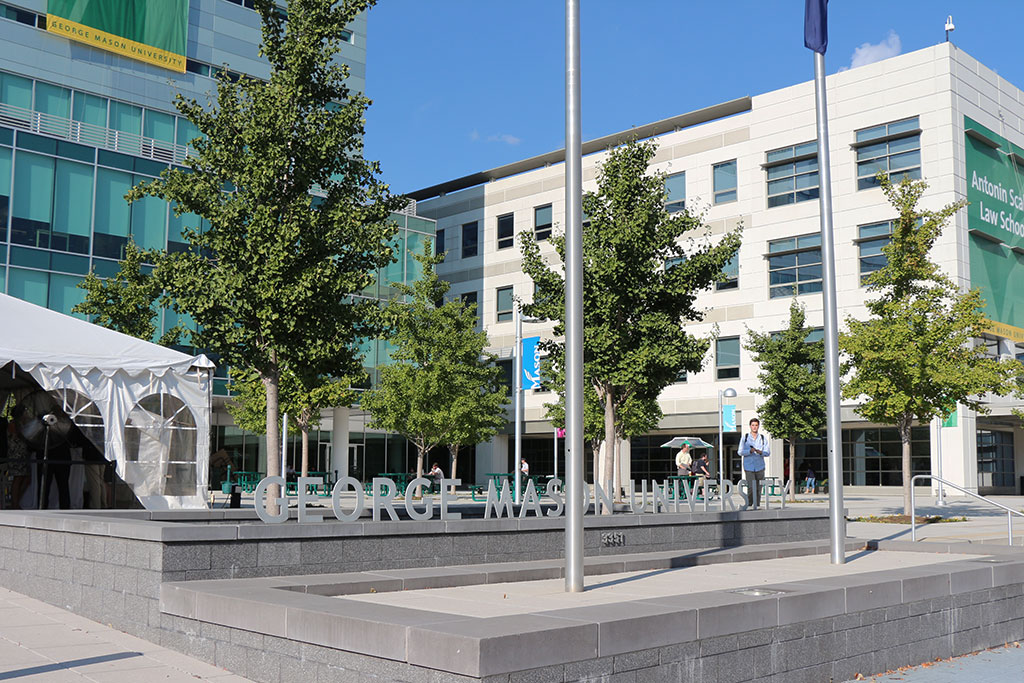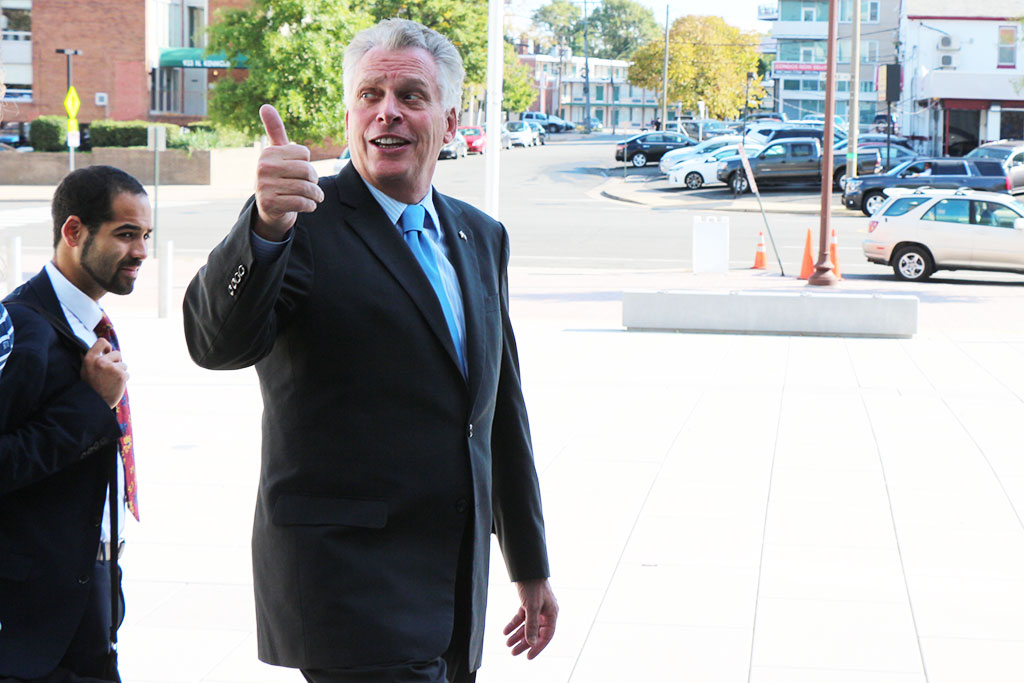A new report says Arlington County should use ride-hailing services like Uber and Lyft to supplement under-performing ART bus routes and better connect residents with Metro stations.
Graduate students at George Mason University’s Schar School of Government and Policy compiled strategies to improve transit in the county, and concluded that using ride-hailing is one way to do so.
The report says the current fixed ART bus system is a disadvantage to some areas that are highly populated due to overcrowding, while there are service gaps for areas that are less densely populated. Based on their research, the ART 41 route from Columbia Pike to Courthouse is the busiest, while the 53, 62, 74 and 92 are all underused and failed to recoup much of their operating costs through fares.
The solution of using the likes of Uber and Lyft to supplement buses on routes that are underutilized is based on a similar program in Pinellas County, Florida called Direct Connect. Through the program, the county pays for half of a commuter’s Uber fare if it begins and ends at certain points and stays within a specific area.
A similar partnership can improve connections to the county’s Metro stations, GMU students concluded. While the report gives Arlington credit for the use of car- and bike-sharing with the likes of Capital Bikeshare and Car2Go, it says partnering with ride-hailing companies could be helpful for those who right now struggle to integrate Metro into their commutes.
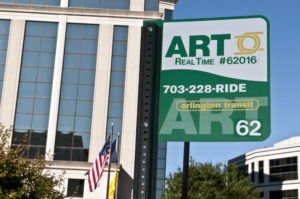 The report also said the county could improve how it provides information about its transit services. Currently, mobile applications do not support real-time tracking for ART buses.
The report also said the county could improve how it provides information about its transit services. Currently, mobile applications do not support real-time tracking for ART buses.
“Mobile networks play a vital role in day-to-day life and real-time tracking of services has become a necessity for busy commuters,” the report says. “Developing this tool as a mobile application would create greater convenience for commuters.”
The report also said that the county could benefit from talking to the community. It suggests facilitating a two-way dialogue between riders and county staff, and using strategies like surveying riders at Metro stations and other major transit hubs.
“Arlington County, if it were to embrace advances in information technology and extend its history of community engagement even further, could implement cost-effective yet innovative transportation solutions in its neighborhoods,” the report says.


